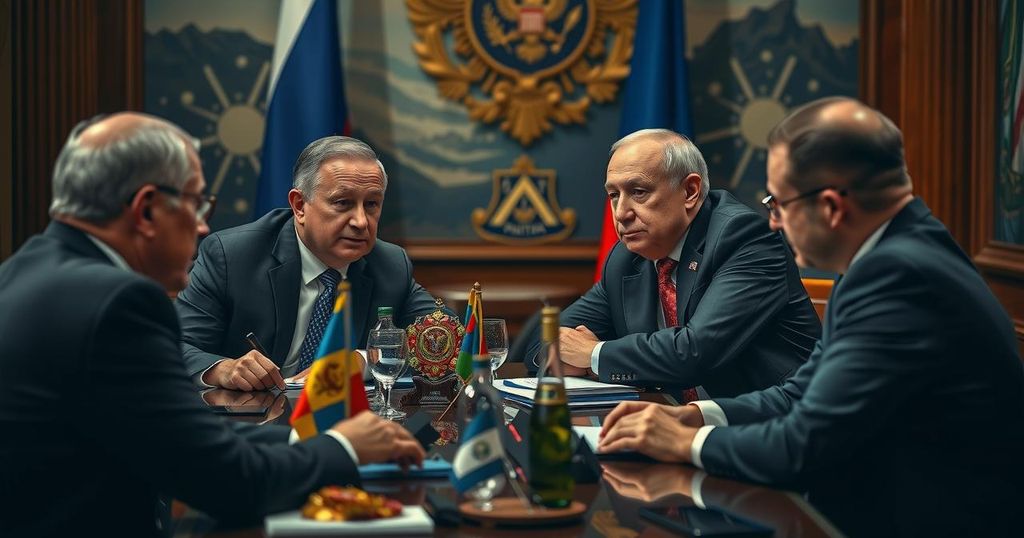PM Modi and Xi Jinping Engage in Bilateral Discussions in Russia, Marking a New Chapter in India-China Relations

Prime Minister Narendra Modi and Chinese President Xi Jinping held their first bilateral talks since 2019 in Kazan, Russia, during the BRICS Summit. This meeting comes on the heels of a breakthrough in talks aimed at reviving the status quo prior to the Ladakh standoff. The leaders discussed vital aspects of their relationship, including trade and economic cooperation, indicating a potential return to normalcy after years of heightened tensions.
In an important diplomatic initiative, Prime Minister Narendra Modi of India and President Xi Jinping of China convened for a bilateral discussion in Kazan, Russia, during the BRICS Summit. This meeting marked the first focused dialogue between the two leaders since 2019 and comes in the aftermath of intensified tensions resulting from the military standoff in Ladakh. The relations between the two nations had significantly deteriorated following reports of China’s unilateral actions that breached the Line of Actual Control (LAC), the recognized boundary between them. The meeting is pivotal as it follows a recent breakthrough in diplomatic and military discussions aimed at restoring the status quo that existed prior to May 2020, the onset of the Ladakh clash. The new patrolling agreement indicates a potential easing of tensions in this contested region, where both nations have maintained substantial military presence. Prior to this meeting, there had been several brief encounters between the leaders at international forums, including the G20 and BRICS summits, yet none had provided an opportunity to thoroughly address key issues such as trade and economic collaboration. Furthermore, over the past four years, there has been a notable absence of direct flights between India and China, and visa arrangements for Chinese professionals had faced heightened security scrutiny. The outcome of this latest meeting has significant implications for the future of trade, economic development, and cultural exchanges between the two countries, potentially heralding a return to normalcy in their relations.
This bilateral meeting occurs in the context of heightened tensions between India and China that have been prevalent since the military confrontation in Ladakh in 2020. The Ladakh standoff was a significant flashpoint that has affected various dimensions of bilateral relations, including trade and movement of individuals, due to strict security measures. Despite occasional interactions at international events, this meeting is the first substantive engagement aimed at addressing underlying issues and restoring diplomatic ties that had soured since the clash.
The recent bilateral talks between Prime Minister Modi and President Xi Jinping signal a crucial step towards de-escalating tensions between India and China post-Ladakh standoff. This meeting not only represents a thaw in diplomatic relations but also opens the door for potential normalization of trade and movement between the two nations, contingent upon the effective implementation of the newly agreed patrolling arrangement along the LAC. As the leaders address critical points of contention, the progress made in Kazan could pave the way for improved dialogue and collaboration in the future.
Original Source: www.ndtv.com








